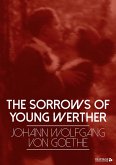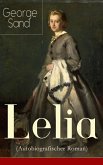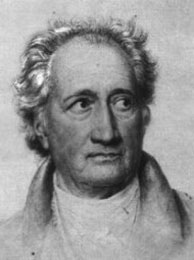Die Leiden des jungen Werther Johann Wolfgang von Goethe - Die Handlung des Romans ist insofern autobiografisch, als Goethe hier seine platonische Beziehung zu der bereits verlobten Charlotte Buff literarisch verarbeitete. Das Motiv für den tragischen Ausgang dieser Liebe, die Selbsttötung Werthers, lieferte Goethe der Suizid seines Freundes Karl Wilhelm Jerusalem, Gesandtschaftssekretär in Wetzlar. Der hatte sich in eine verheiratete Frau verliebt, die für ihn unerreichbar blieb. Die literarische Figur der Lotte im Roman trägt auch Züge von Maximiliane von La Roche, einer weiteren Bekanntschaft des jungen Goethe aus der Entstehungszeit des Romans.
Dieser Download kann aus rechtlichen Gründen nur mit Rechnungsadresse in A, B, BG, CY, CZ, D, DK, EW, E, FIN, F, GR, H, IRL, I, LT, L, LR, M, NL, PL, P, R, S, SLO, SK ausgeliefert werden.










